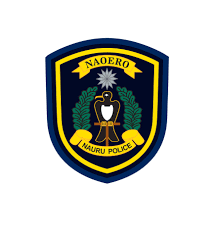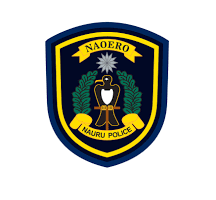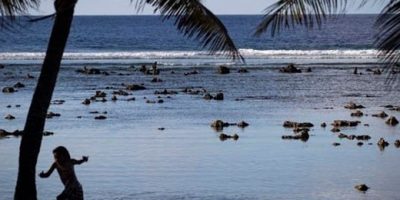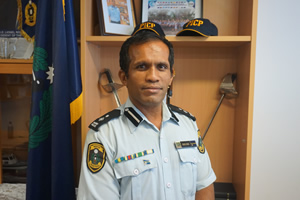In the most recent survey, conducted between 2007 and 2012, 97 per cent of births in Nauru were attended by qualified health staff. In 2010, 88 per cent of the country’s population had access to an improved water source and 65 per cent to adequate sanitation facilities. The most recent survey, conducted in the period 2000-11, reports that Nauru has 50 pharmaceutical staff per 100,000 people.
In 1999 Nauru’s two hospitals, the government-run Nauru General Hospital and the private Nauru Phosphate Corporation Hospital, amalgamated into the state-run Republic of Nauru Hospital (RONH) which provides free medical and dental treatment for all citizens.
RONH is located in Yaren and provides basic medical care; special treatment is limited to diabetes and other obesity-related diseases at the Naoero Public Health Centre, run by the Department of Public Health. Anyone with serious illnesses and injuries that cannot be treated on the island must be sent by air to Australia. There is no pharmaceutical manufacturing or independent drug regulatory authority in Nauru. The Republic of Nauru Pharmacy imports pharmaceuticals from Australia and the Netherlands and suffers from frequent shortages in supply, as well as disruptions in distribution. As part of the government’s National Sustainable Development Strategy, the Nauru NCD Action Plan was initiated in 2009 to combat high levels of diabetes and obesity by encouraging physical activity and nutritional education, and discouraging alcohol and tobacco use.
No fully formed mental health policy or act existed in Nauru at the time of writing, although a draft mental health policy has been developed. The island is a member of the WHO Pacific Islands Mental Health Network and has recently launched a Mental Health Toll-Free Help Line. Facilities on the island consist of 9.8 mental health outpatient facilities and 19.5 psychiatric beds in general hospitals per 100,000 people.







Comments